In his speech at the gala of the Türkiye-Saudi Arabia Investment and Business Forum held at a hotel in Beşiktaş, Yılmaz expressed his pleasure to welcome the Saudi Arabian delegation in Istanbul and wished that the forum, which was organized to increase mutual investments and tourism cooperation with a comprehensive perspective, would be beneficial.
Stating that the complementary nature of the economies of Türkiye and Saudi Arabia plays a crucial role in the improvement of trade relations, Yılmaz said that in the new period of relations with Saudi Arabia, they are endeavoring to bring trade relations to points worthy of the potential of the two countries.
Yılmaz pointed out that thanks to the strong political will exhibited by the two countries' leaders, they have taken important steps towards developing bilateral trade relations and said, "In 2023, our bilateral trade volume reached 6.8 billion dollars. There is an increase of nearly 50% in trade volume in two years. We believe it is a realistic target to increase our trade volume above 10 billion dollars in the short term by increasing it in a balanced manner. Our medium-term goal is to increase the sectoral diversity in our bilateral trade and reach 30 billion dollars and go beyond that."
Stating that Saudi companies have invested 2 billion dollars in Türkiye so far, Yılmaz said that mutual investments can be easily increased by increasing the frequency of events that can bring together the business circles from both countries.
Yılmaz expressed that he thinks the close contact and cooperation initiated by the Saudi Public Investment Fund and the Presidential Investment Office will bring great economic benefits to the countries.
"We will further improve the investment"
Referring to foreign direct investments as one of the most fundamental factors contributing to Türkiye's economic development in the past 21 years, Yılmaz said:
"Foreign investments have had an impact on the growth of our country's economy, technological transformation, the efficient use of our resources, and the increase in our exports. In this process, many reforms have been implemented to attract foreign investments to our country, and the attractiveness and competitiveness of Türkiye's business and investment environment have been increased.
As a matter of fact, since 2002, more than 260 billion dollars of direct investment has come to Türkiye. Especially in the post-pandemic period, Turkey has come to the forefront as both a supply and investment destination according to the results of international surveys. We continue to improve the investment climate through reforms while offering a comprehensive ecosystem that meets the different needs and expectations of international investors."
Stating that the Coordination Board for Improving the Investment Environment, which he chairs, has been working hard recently and that they have prepared a new action plan, Yılmaz said that they think that the investment environment will improve further with the implementation of this action plan in the coming period.
Yılmaz noted that within the scope of foreign investments, various sectors such as technology, defense, renewable energy, petro-chemistry, finance, tourism, and housing offer opportunities for investors.
Pointing out that chemicals, machinery, food and beverage processing, automotive, aerospace, pharmaceuticals and biotechnology, medical devices and materials, military production, renewable energy, construction materials, and mining sub-sectors stand out among the sectors that appeal to investors from Saudi Arabia, Yılmaz said, "We are open to cooperation to evaluate the feasibility of Turkish companies that overlap with the investment vision of Saudi Arabia's Public Investment Fund (PIF) in every field."
Vice President Yılmaz stated that Saudi Arabia aims to diversify its economy, reduce its dependence on oil, and build a more sustainable future with its Vision 2030, and said: "We believe that our countries' visions will provide significant economic benefits not only to both countries but also to the entire region. Within the scope of the Saudi 2030 Vision, which includes an investment of 3.3 trillion dollars, we wish our companies to play an active role in mega projects such as Neom, Diriyah Gate, Qiddiya, and the Red Sea project."
Stating that Saudi Arabia is one of the most important countries in the world for the contracting industry, Yılmaz said that Turkish contractors have undertaken 402 projects worth 27.6 billion dollars in Saudi Arabia so far. In this regard, Yılmaz stated that they see benefit in utilizing the skills and capabilities of Turkish contractors, especially in the giant projects financed through the Saudi Arabian Public Investment Fund, and continued as follows:
"I would like to emphasize that the progress of Turkish contractors in the Green Deal is very much in line with your objectives under the Saudi Vision 2030. We are also restructuring our business models towards a more sustainable future. Both Saudi Arabia's new vision, where Saudi Arabia is realistically preparing for a world in which fossil fuels will gradually lose their share and our 2053 Vision of a Carbon Neutral Economy are overlapping visions. I would like to express that there are very important areas of cooperation in this regard. As you know, Turkey ratified the Paris Agreement and set a net zero emission target by 2053. In this context, we have defined green and digital transformation as an important axis in all our plans and programs."
"I would like to express that we expect the support of Saudi authorities"
Stating that they believe that business circles can cooperate in third countries and that they have seen that Saudi Arabia wants to invest in different parts of the world, especially in Africa and other developing countries, Yılmaz said, "As Turkey, we have important opportunities to access African and other developing countries markets. We also see opportunities for cooperation in the reconstruction of Ukraine, as well as in new projects, such as the Iraq Development Road Project, which will contribute to the prosperity of our region. A free trade agreement between the Gulf Cooperation Council and our country will further the growing economic partnership between our countries. I would like to express that we expect the support of the Saudi authorities in this regard, especially in the upcoming period."


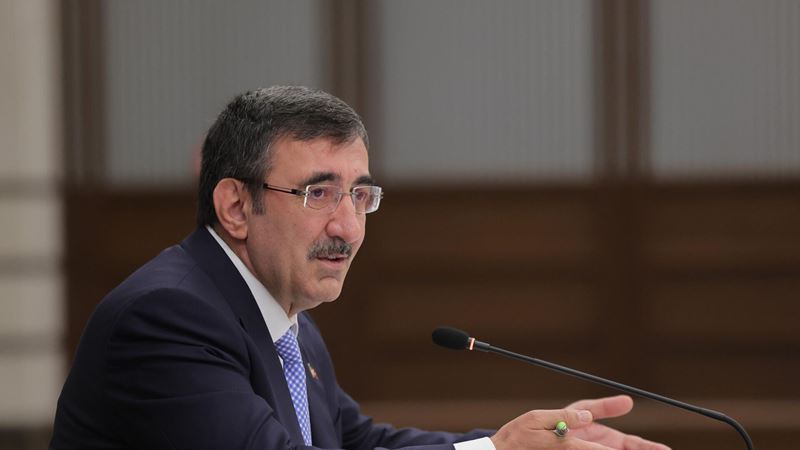

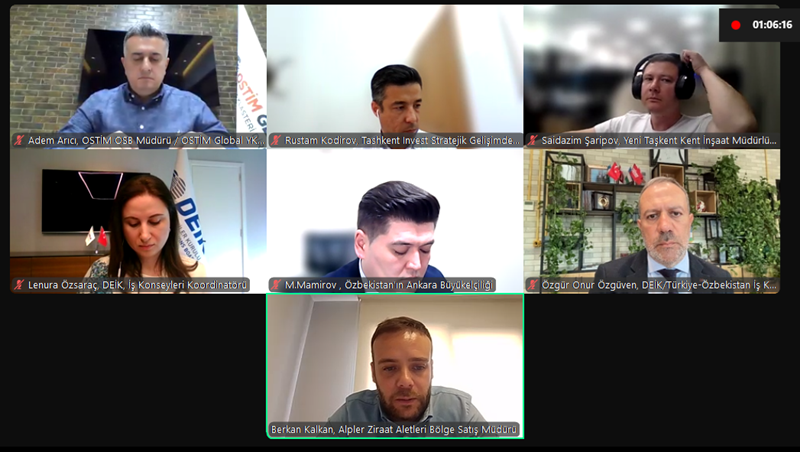
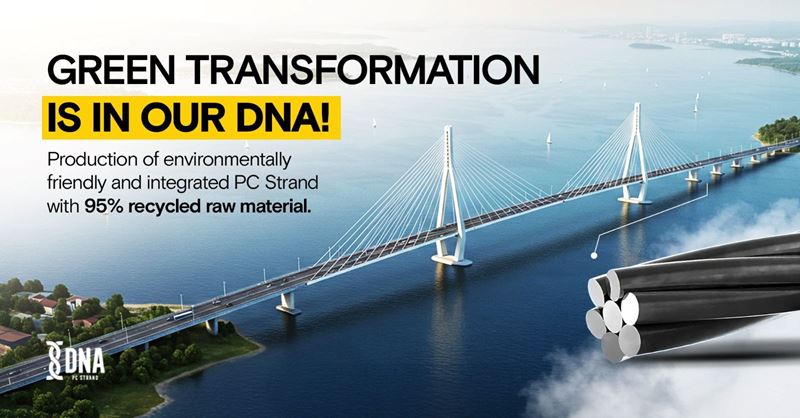
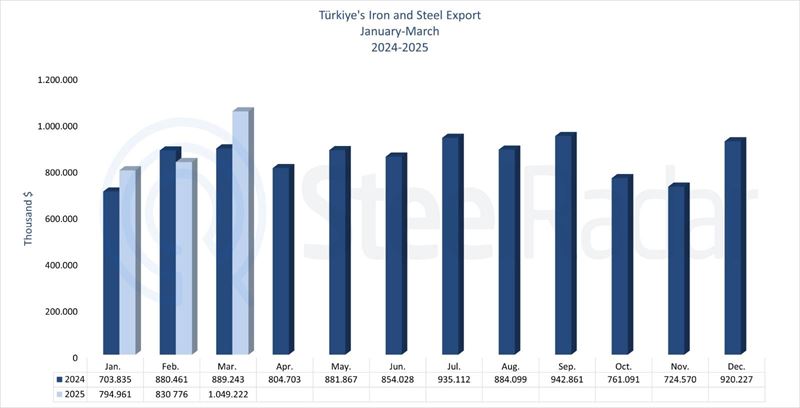
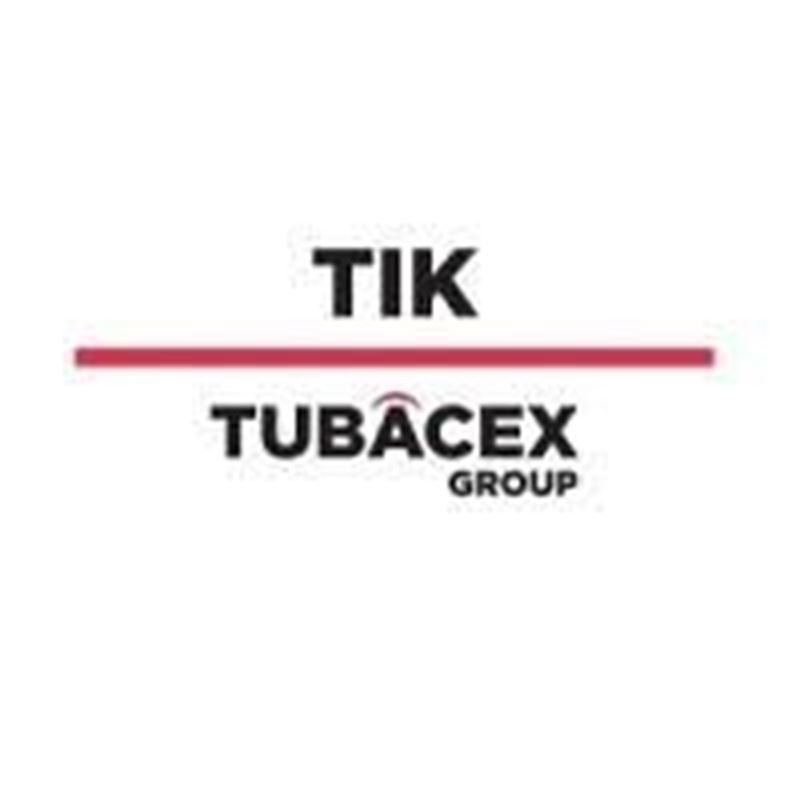
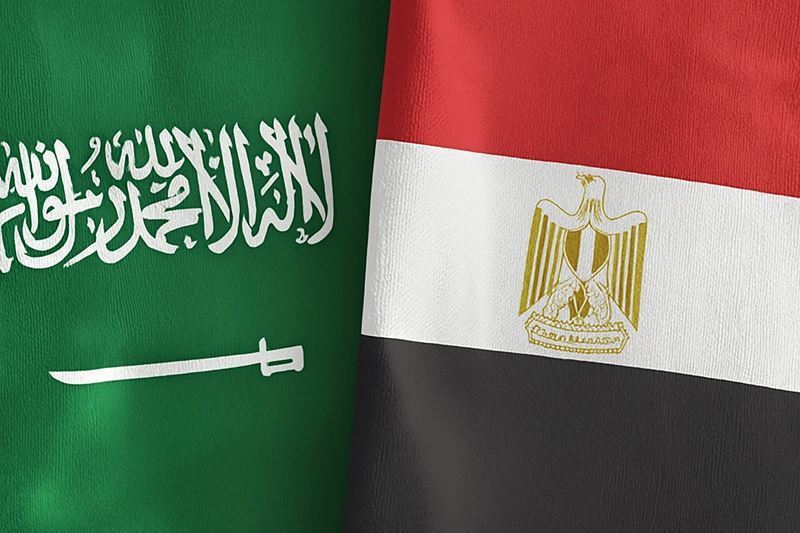


Comments
No comment yet.